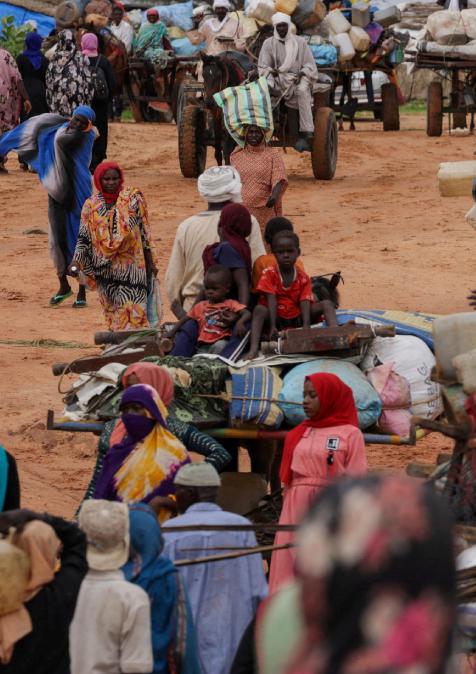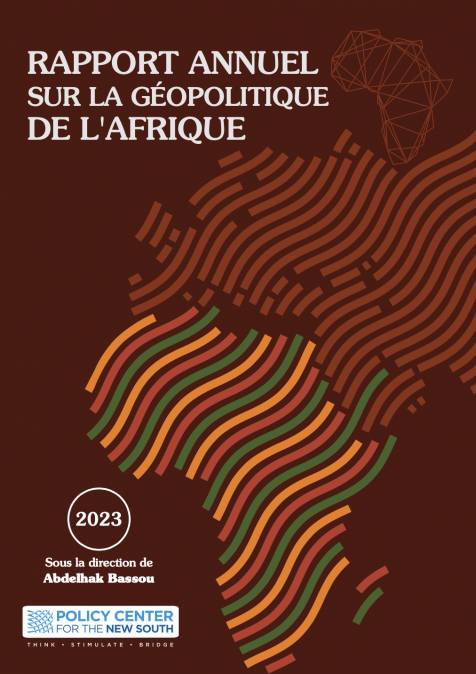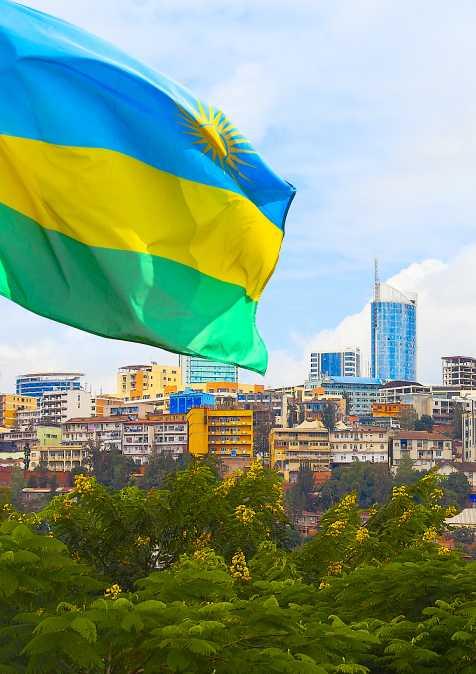Publications /
Opinion
Negotiations aimed at securing a ceasefire in Sudan began in Geneva this week, marking a critical step toward ending the 16-month-long conflict that has ravaged the nation. Co-organized by the United States and Switzerland, the talks focus on addressing the severe humanitarian crisis and establishing a cessation of hostilities. However, significant challenges persist, particularly concerning the uncertain participation of the key warring parties.
Understanding the Conflict
Sudan has been mired in a violent civil war since April 2023, with the conflict primarily between the Sudanese army, led by General Abdel Fattah al-Burhan, and the paramilitary Rapid Support Forces (RSF), commanded by General Mohamed Hamdan Dagalo. The origins of this conflict lie in the 2019 military coup that ended Omar al-Bashir’s 30-year autocratic rule. Although a transitional government was formed following the coup, Sudan reverted to military control in 2021, laying the groundwork for the current power struggle.
Former allies within the military council, al-Burhan and Dagalo are now locked in a bitter rivalry, each vying for control over Sudan's vast resources, including its gold and oil reserves. The conflict has exacted a devastating human toll: tens of thousands of Sudanese have lost their lives, nearly 11 million have been displaced, and more than two million have fled the country. The humanitarian situation is dire, with the United Nations (UN) reporting that over 25 million people—more than half of Sudan's population—are in urgent need of aid. However, access to this aid remains severely restricted, exacerbating what the UN has described as one of the world's most severe and overlooked humanitarian crises.
Geneva Talks: Ceasefire and Humanitarian Access in Focus
The Geneva talks aim to negotiate a ceasefire and improve humanitarian access across Sudan. These discussions build on earlier, unsuccessful negotiations in Jeddah, Saudi Arabia. Despite their critical importance, the talks face uncertainty due to the potential absence of key participants. The Sudanese army has expressed reluctance to attend, demanding the RSF's withdrawal from occupied towns and questioning the inclusion of the United Arab Emirates as observers. Meanwhile, the RSF has indicated a willingness to participate, but as the talks began, their representatives had yet to arrive in Switzerland.
The absence of either party could significantly undermine the effectiveness of the negotiations, potentially reducing them to technical discussions rather than formal mediation efforts. This would complicate the prospects for achieving a ceasefire and further delay the delivery of humanitarian aid, which is urgently needed to alleviate the suffering of millions of Sudanese civilians.
A Humanitarian Crisis at Breaking Point
As the Geneva talks continue, Sudan teeters on the edge of a full-blown humanitarian catastrophe. UN officials have warned that the country is at a "breaking point," with tens of thousands of preventable deaths from hunger, disease, and violence looming in the coming months. The ongoing conflict has created what is widely regarded as one of the world’s worst humanitarian crises, exacerbated by the rainy season, which has triggered widespread flooding and an increase in waterborne diseases like cholera.
The origins of the war can be traced back to the failure to transition from military rule to a civilian-led government, a process repeatedly disrupted by power struggles within the military. Despite numerous international efforts to mediate and support a return to civilian governance, these initiatives have yet to succeed, leaving Sudan's future deeply uncertain.
In response to the ongoing crisis, the African Union (AU) has taken a firm stance. On June 6, 2019, the AU Peace and Security Council (PSC) suspended Sudan's participation in all AU activities until a civilian-led Transitional Authority was established. This decisive move reflects the AU’s commitment to supporting the Sudanese people's aspirations for a democratic transition. The PSC also issued a stern warning, indicating that if the Transitional Military Council failed to transfer power to a civilian-led authority, punitive measures would be imposed on individuals and entities obstructing the transition.
The AU’s suspension of Sudan underscores the broader political implications of the conflict and the international community’s deep concerns about the lack of progress toward a democratic transition. The AU has also called for an investigation into the violence that has resulted in civilian deaths, highlighting the need for accountability and justice as central components in resolving the conflict.
Future Prospects
The primary objectives of the Geneva talks are to secure a ceasefire and enhance access to humanitarian aid. However, the complexities of the conflict, coupled with the reluctance of the warring factions to fully commit to the peace process, make these goals difficult to attain. While the talks are a positive development, a comprehensive resolution of all the issues is unlikely to be achieved quickly. At its core, the conflict in Sudan is a "war of interests," with both sides vying for control of the nation’s wealth, complicating efforts to achieve a diplomatic resolution.
The Geneva talks are not intended to resolve the broader political conflict in Sudan. The primary responsibility for addressing these issues rests with the Sudanese parties themselves. While the African Union (AU) and other international actors provide support, the ultimate resolution must be driven by the Sudanese people. The international community understands that any lasting solution must be inclusive and cannot be imposed by the military leaders currently in power.
The AU’s role is crucial in ensuring that the broader issues—such as the transition to civilian rule—are incorporated into a sustainable solution. While the Geneva talks focus on immediate ceasefire and humanitarian concerns, the AU’s involvement is vital in addressing the deep-rooted political challenges that have perpetuated the conflict. Supported by international partners, the AU’s efforts are designed to ensure that any ceasefire achieved is not just a temporary pause in hostilities but a significant step toward a more stable and democratic future for Sudan.
As the Geneva talks unfold, critical questions arise: Can a durable ceasefire be achieved in a conflict rooted in deep-seated rivalries? What role will the African Union and international partners play in ensuring Sudan’s transition to civilian rule? Most importantly, can these diplomatic efforts lay the groundwork for lasting peace, or will they merely offer a temporary respite? The answers to these questions will determine Sudan’s future trajectory and influence the stability of the entire region.







